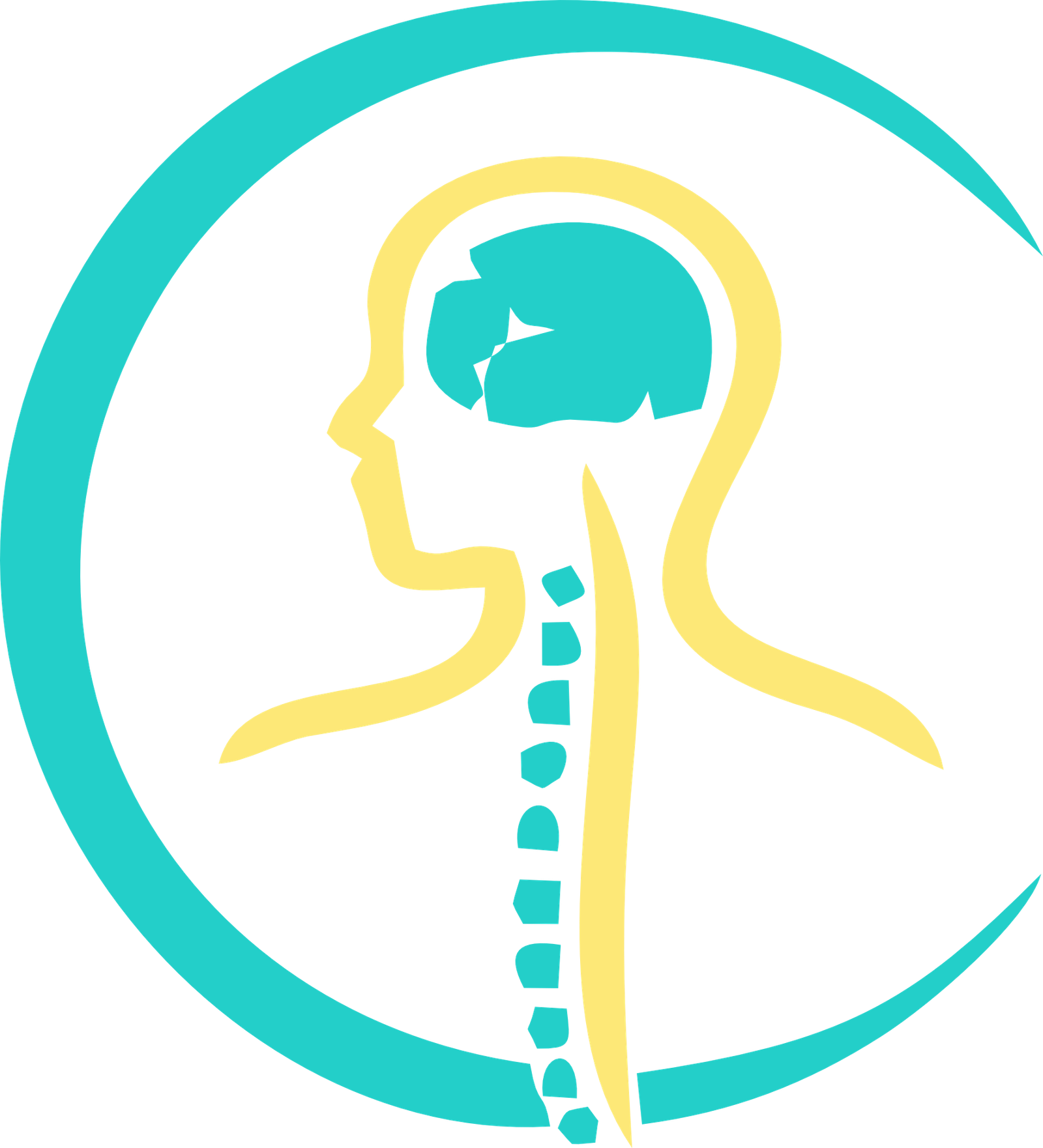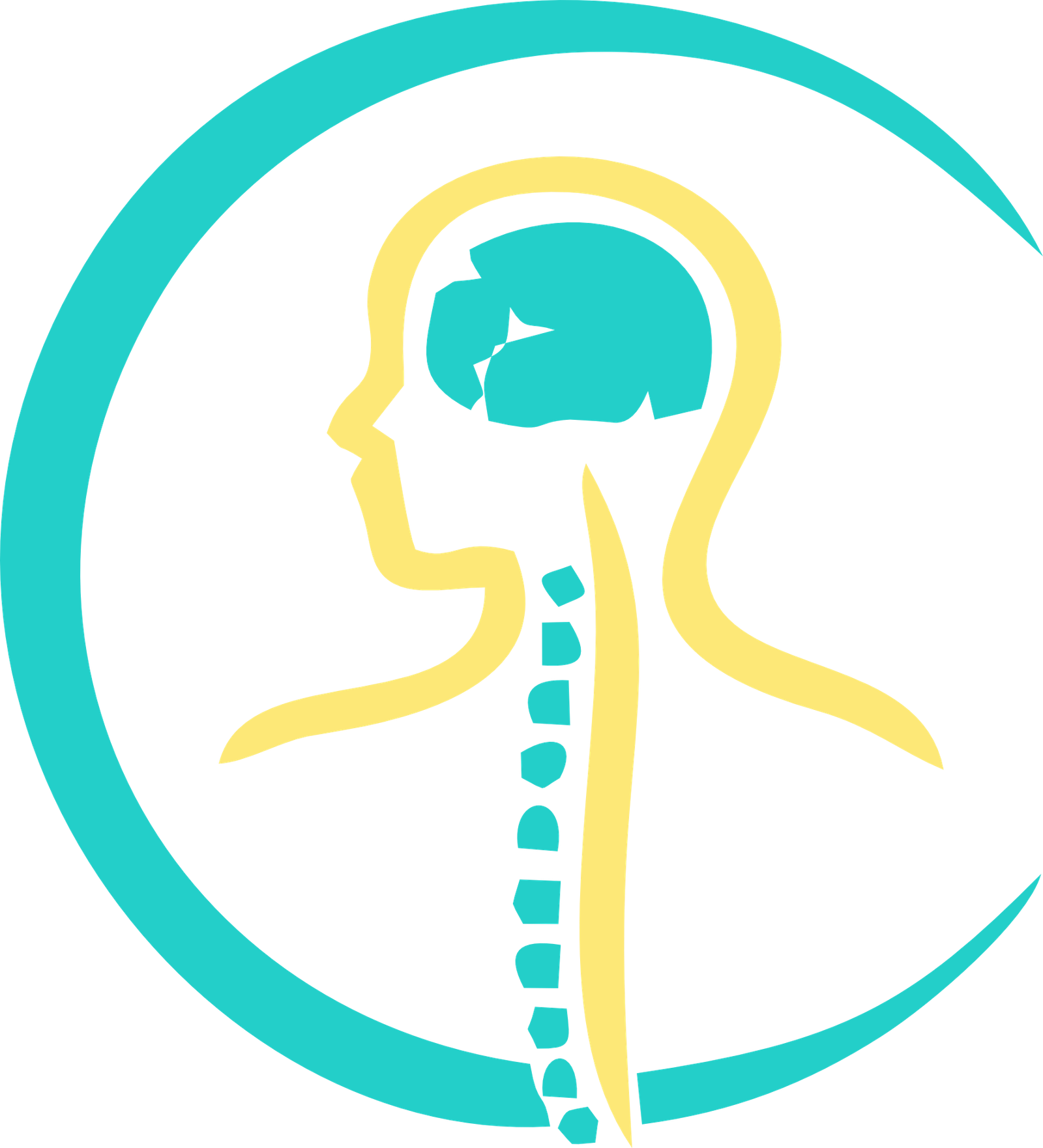Autonomic Nervous System Test
What is Autonomic Nervous System Test
Autonomic Nervous System (ANS) testing is a set of diagnostic procedures designed to assess the function of the nerves that regulate involuntary body functions, such as heart rate, blood pressure, blood flow, and sweat gland activity. These tests are particularly useful for evaluating disorders that affect the autonomic nervous system, providing critical insights into how well the sympathetic and parasympathetic divisions of the ANS are functioning.
In a clinical setting, ANS testing typically includes two widely used, non-invasive studies: the Sympathetic Skin Response (SSR) test and Heart Rate Variability (HRV) measurement. Both tests offer valuable information about the body’s ability to respond to external and internal stimuli, ensuring proper physiological balance.

When is Autonomic Nervous System Testing Recommended?
ANS testing is often ordered for patients exhibiting symptoms that suggest autonomic dysfunction. These may include:
Diabetic Neuropathy: Nerve damage caused by long-term diabetes that can affect heart rate, blood pressure, and digestion.
Unexplained Fainting (Syncope): Frequent episodes of fainting without an identifiable cause.
Orthostatic Hypotension: Dizziness or lightheadedness when standing, often caused by a sudden drop in blood pressure.
Neurodegenerative Disorders: Diseases like Parkinson’s or multiple system atrophy that impair the central nervous system.
Peripheral Neuropathy: Nerve damage due to conditions like infections, autoimmune diseases, or toxins.
Guillain-Barré Syndrome: An acute condition where the immune system attacks peripheral nerves, affecting both motor and autonomic function.
Diabetic Neuropathy: Nerve damage caused by long-term diabetes that can affect heart rate, blood pressure, and digestion.
Unexplained Fainting (Syncope): Frequent episodes of fainting without an identifiable cause.
Orthostatic Hypotension: Dizziness or lightheadedness when standing, often caused by a sudden drop in blood pressure.
Neurodegenerative Disorders: Diseases like Parkinson’s or multiple system atrophy that impair the central nervous system.
Peripheral Neuropathy: Nerve damage due to conditions like infections, autoimmune diseases, or toxins.
Guillain-Barré Syndrome: An acute condition where the immune system attacks peripheral nerves, affecting both motor and autonomic function.
Preparing for ANS Testing
Proper preparation is essential for accurate results. Patients should adhere to the following guidelines:
No Smoking or Caffeine: Avoid smoking or consuming caffeinated beverages for at least 3 hours before the test, as these substances can interfere with autonomic responses.
Alcohol Avoidance: Refrain from consuming alcohol for at least 12 hours prior to the test.
Clothing: Wear loose, comfortable clothing to facilitate the placement of electrodes.
Additionally, inform your healthcare provider about any medications or supplements you are taking, as some can affect autonomic function.
No Smoking or Caffeine: Avoid smoking or consuming caffeinated beverages for at least 3 hours before the test, as these substances can interfere with autonomic responses.
Alcohol Avoidance: Refrain from consuming alcohol for at least 12 hours prior to the test.
Clothing: Wear loose, comfortable clothing to facilitate the placement of electrodes.
Additionally, inform your healthcare provider about any medications or supplements you are taking, as some can affect autonomic function.
How Long Does the Testing Take?
Autonomic nervous system testing typically lasts 30 to 60 minutes, depending on the complexity of the evaluation and the number of tests performed. Each test is conducted in a controlled environment to ensure reliable results.


